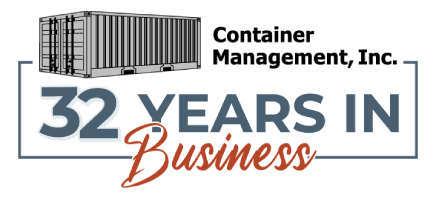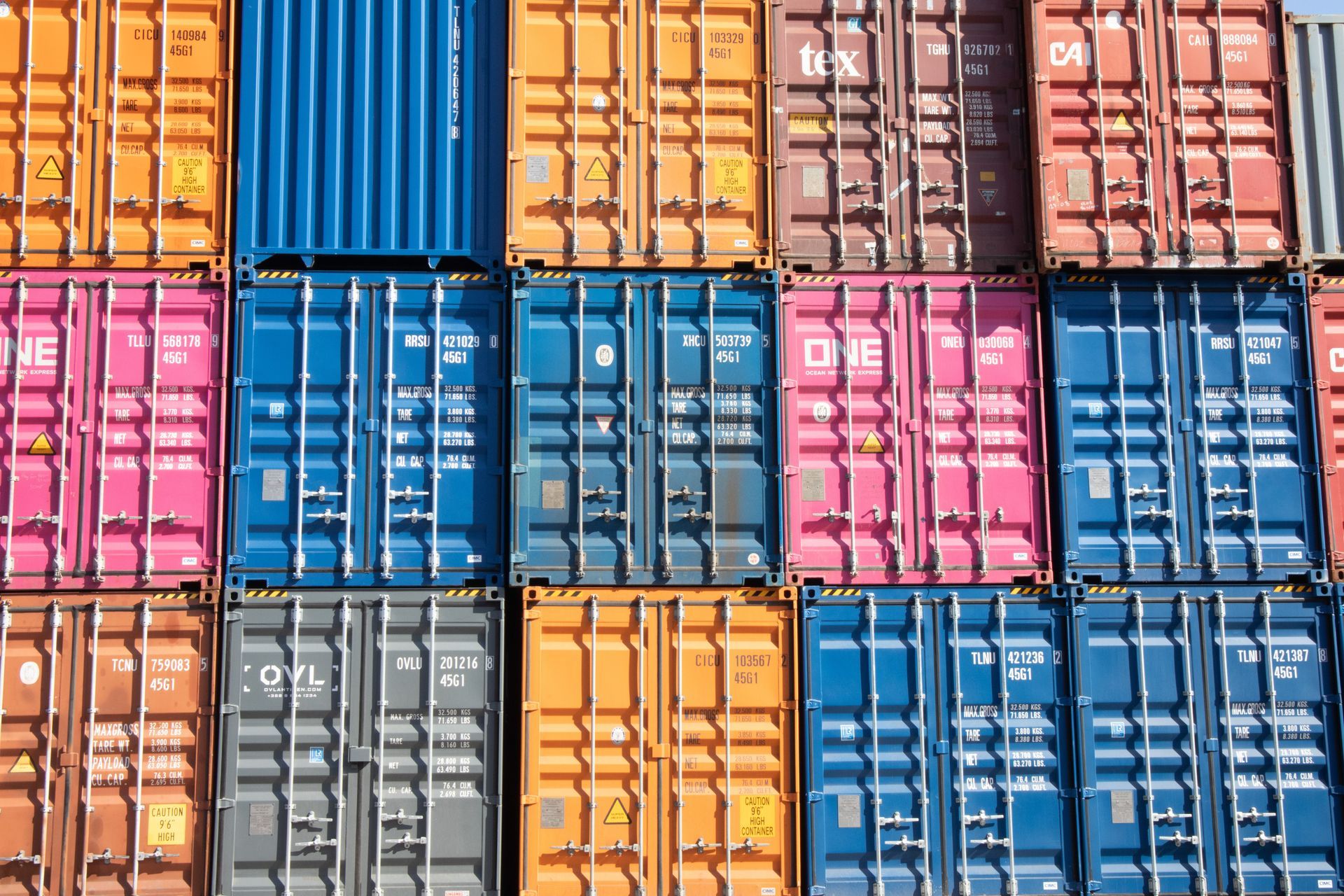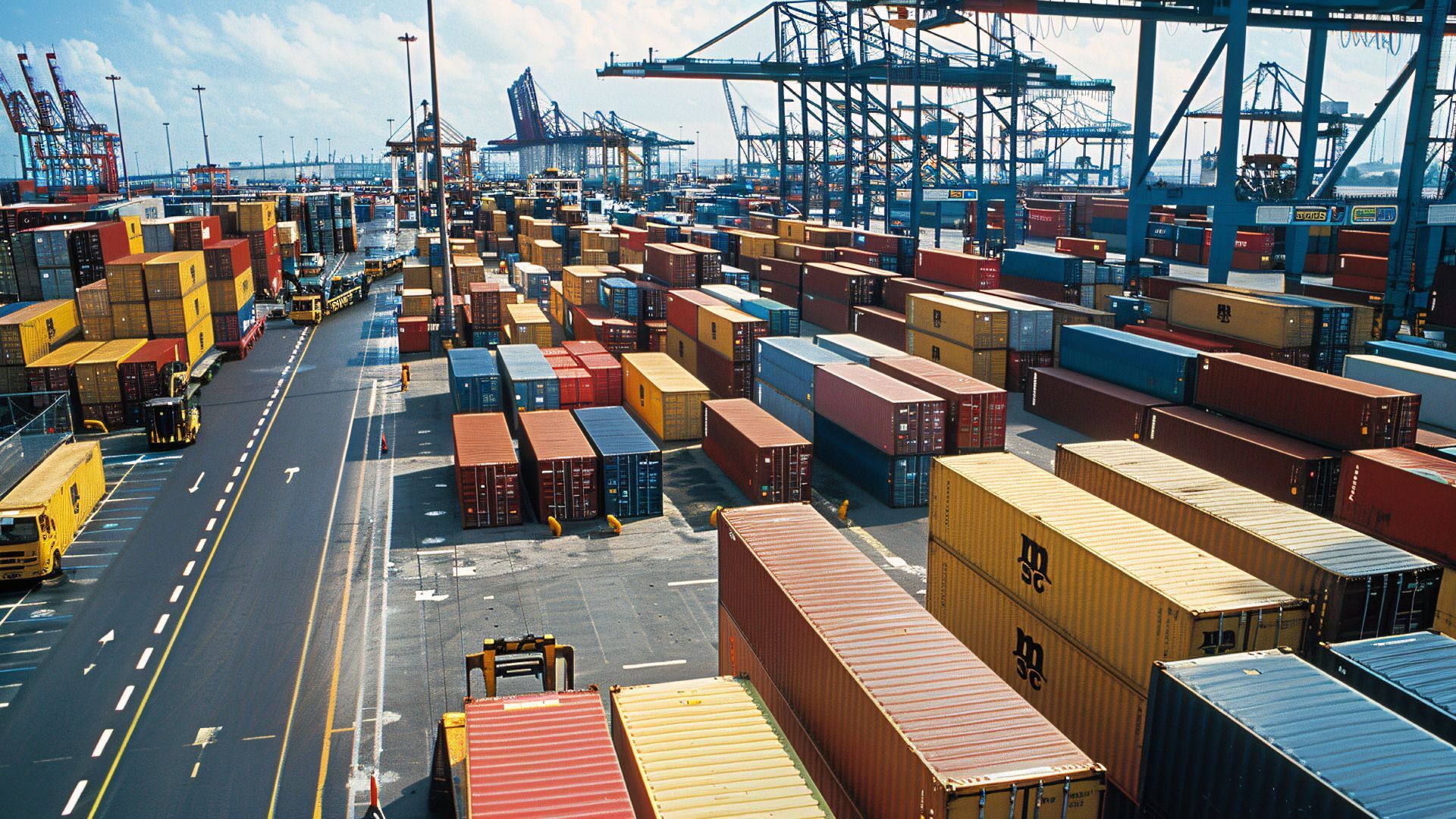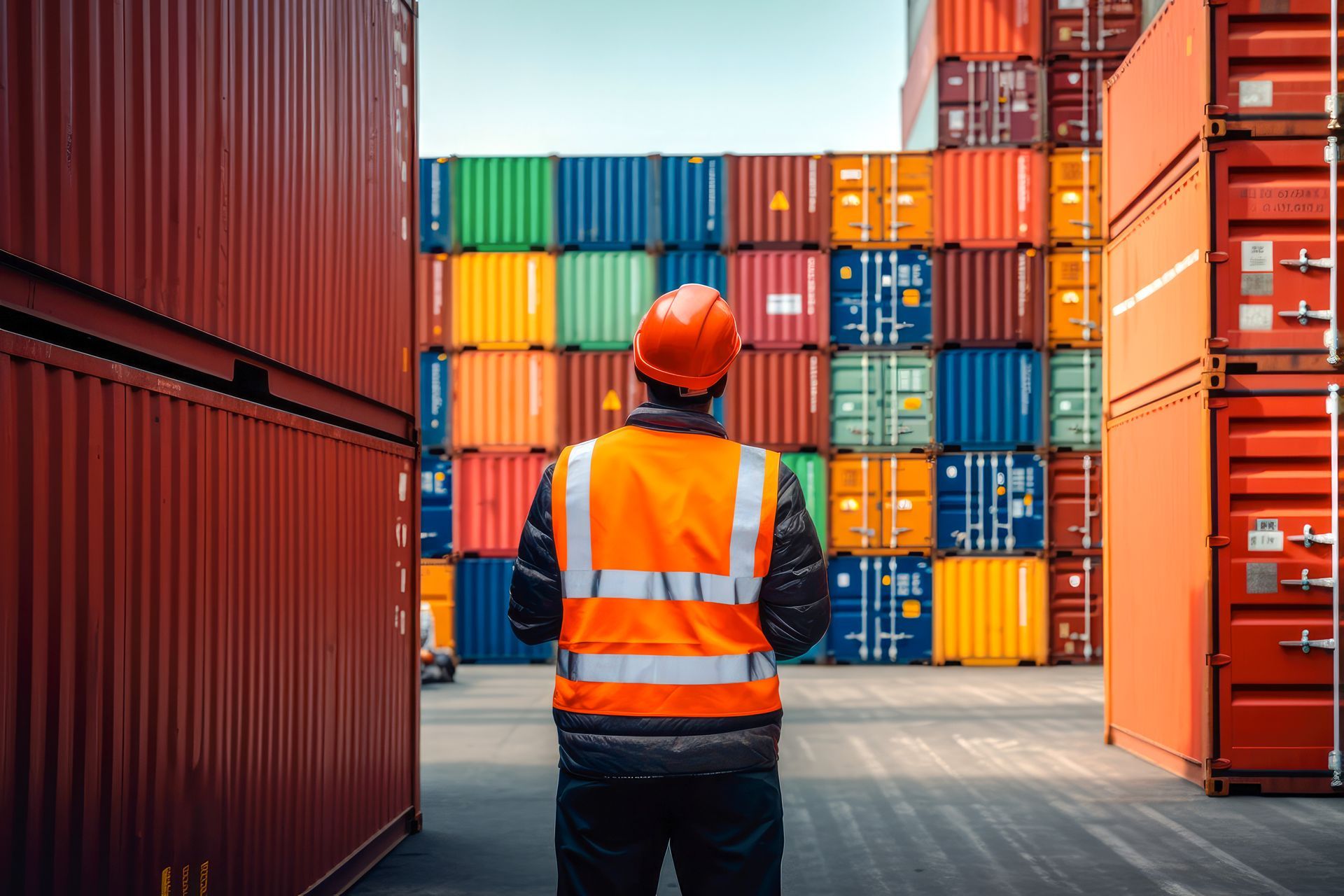Freight Forwarders: The Definitive Guide
Written by Susan Nalevac | October 28, 2024
Freight forwarding is an essential part of the shipping industry, helping businesses move goods across borders and ensuring smooth global trade. If you're new to logistics, this guide will explain what freight forwarding is, how it works, and why it's crucial for businesses involved in imports and exports.
By the end of this article, you'll understand the role of freight forwarding companies and how they can help streamline international shipments.
In This Article:
- What is Freight Forwarding?
- Freight Forwarder vs Freight Broker: What's the Difference?
- How Freight Forwarders Work
- Why Use Freight Forwarding Services?
- Can a Shipper also Act as a Freight Forwarder?
- Building a Resilient and Efficient Freight Forwarding Network
- How to Find the Best Freight Forwarding Companies in the U.S.
- Key Documents
- The History of Freight Forwarding
- Pros and Cons of Freight Forwarding Service
What is Freight Forwarding?
Freight forwarding refers to the coordination of the transportation of goods from one place to another. A freight forwarding company acts as an intermediary between the shipper and the various transportation services, such as shipping companies, airlines, or trucking firms.
These services move goods to their final destination, ensuring that every aspect of the journey is handled efficiently.
The freight forwarding process involves managing international shipments, which can include multiple modes of transportation, such as air, sea, road, and rail.
While freight forwarders don’t transport the goods themselves, they handle the logistics, making the entire customs clearance process smoother for businesses.
Freight Forwarder vs. Freight Broker: What's the Difference?
It’s easy to confuse freight forwarders with freight brokers, but they perform distinct roles:
- Freight Forwarder: This entity coordinates the logistics of moving goods, arranging transportation, handling customs clearance, and even offering warehousing services. Freight forwarding companies often take responsibility for the cargo, issue their own bills of lading, and provide additional services like cargo insurance.
- Freight Broker: A freight broker simply connects shippers with carriers and does not handle the physical movement of goods. They do not take responsibility for the cargo or get involved in the customs brokerage process.
In short, freight forwarders manage the entire journey of the shipment from start to finish, while freight brokers only facilitate the connection between the shipper and the carrier.
How Freight Forwarders Work
Freight forwarders simplify the complex process of moving goods across borders.
Here’s an overview of how freight forwarding works:
- Planning the Shipment: Freight forwarders evaluate your shipping needs, such as delivery speed, budget, and the nature of the cargo, to determine the best route and transportation method (air, sea, road, or rail).
- Arranging Transportation: Freight forwarding companies use their established relationships with carriers to secure the best rates and optimize transportation costs. They handle the logistics of moving the goods from the point of origin to the final destination.
- Documentation: Essential documents like the bill of lading, commercial invoices, and certificates of origin are prepared. Freight forwarders also ensure the shipment meets all customs regulations.
- Customs Clearance: Freight forwarders manage the customs clearance process, working with customs brokers to ensure all paperwork is in order. This step is critical to avoid delays or extra fees at border crossings.
- Tracking and Delivery: Once the shipment is on its way, freight forwarding companies track its progress, ensuring it reaches the destination on time and in good condition.
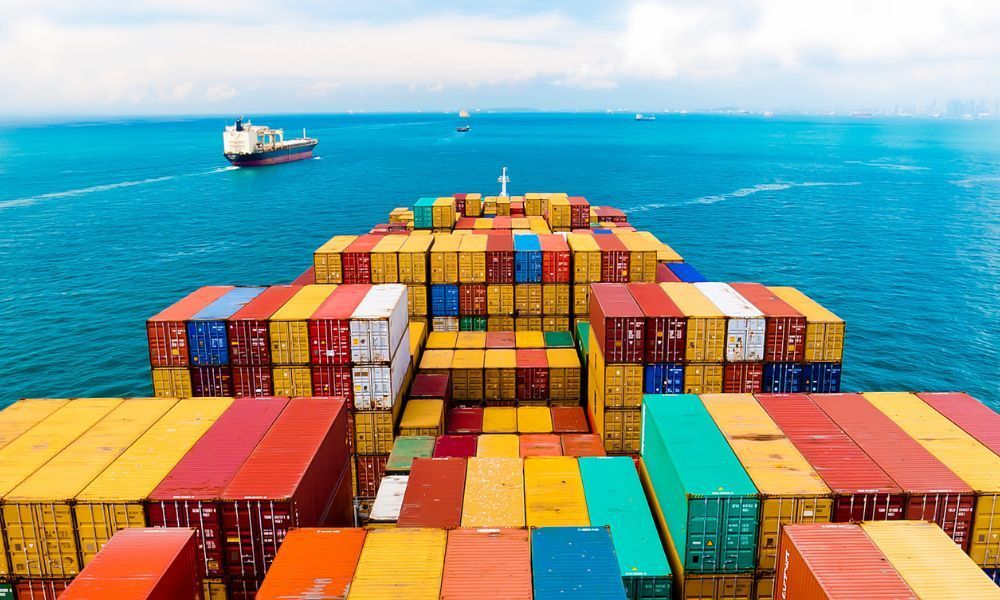
Why Use Freight Forwarding Services?
Freight forwarding services are vital for companies that import and export goods.
Here’s why businesses rely on them:
- Expertise in Customs Regulations: Freight forwarders are well-versed in the complex rules of international trade, helping businesses avoid delays and penalties related to customs documentation and duties.
- Cost Efficiency: Freight forwarding companies negotiate competitive rates by consolidating shipments, reducing transportation costs for businesses. This is particularly beneficial for companies that ship smaller loads.
- Time Savings: By handling logistics and coordinating with shipping companies, freight forwarders allow businesses to focus on their core operations rather than getting bogged down in paperwork or regulatory requirements.
Can a Shipper Also Act as a Freight Forwarder?
Yes, in some cases, large companies with extensive logistics departments may choose to act as their own freight forwarders. However, this is rare. Most businesses, especially small to medium-sized enterprises, benefit more from outsourcing these tasks to professional freight forwarding companies.
These experts manage everything from transportation to customs brokerage, ensuring the goods reach their final destination without issues.
Building an Efficient and Resilient Freight Forwarding Network
The success of freight forwarding relies on efficient global networks that connect different players in the supply chain.
Here are key factors that define a strong freight forwarding network:
- Global Reach: Freight forwarding companies are part of vast networks that allow them to coordinate with international shipping companies, airlines, and customs brokers.
- Collaborative Relationships: Freight forwarders often work with partners across different regions to ensure the smooth flow of goods, even in the face of disruptions like weather or political events.
- Flexibility: The ability to reroute shipments quickly during unforeseen events—such as strikes, port closures, or natural disasters—keeps the supply chain resilient.
Top freight forwarding networks, such as WCA and Globalia Logistics, are instrumental in keeping international shipments moving efficiently.
How to Find the Best Freight Forwarding Companies in the U.S.
Finding a reliable freight forwarder is crucial for businesses involved in international trade.
Here are tips to help you select the right freight forwarding company:
- Licensing and Certifications: Look for companies registered with the Federal Maritime Commission for ocean freight or those certified by the FMCSA for domestic transport.
- Experience in Your Industry: Some freight forwarding companies specialize in specific industries or types of cargo, like perishable goods or hazardous materials. Make sure the forwarder you choose has experience relevant to your needs.
- Customer Service: A good freight forwarder should provide clear communication and updates throughout the shipment process. Excellent customer service is key to a successful partnership.
Key Documents in Freight Forwarding
Freight forwarding involves several key documents that are critical for smooth international trade.
These documents include:
- Bill of Lading (BOL): This document serves as a contract between the shipper and the carrier, outlining the details of the shipment. It acts as a receipt and title for the goods being transported.
- Commercial Invoice: This document provides proof of the sale between the buyer and seller, listing the goods being shipped, their value, and payment terms.
- Packing List: A detailed list of the contents of the shipment, including weights and dimensions.
- Certificate of Origin: This document certifies where the goods were produced, which can affect customs duties.
These documents are essential to ensure the shipment meets customs regulations and avoids delays during the customs clearance process.
The Role of the Bill of Lading
The bill of lading is one of the most important documents in freight forwarding. It serves several key purposes:
- Receipt of Goods: It confirms that the carrier has received the goods for shipment.
- Contract of Carriage: It outlines the responsibilities of both the shipper and carrier in moving the cargo.
- Title to Goods: In some cases, the bill of lading can act as proof of ownership, allowing the holder to claim the cargo.
Freight forwarders typically issue the bill of lading, ensuring it covers all necessary details for the smooth transportation of goods.
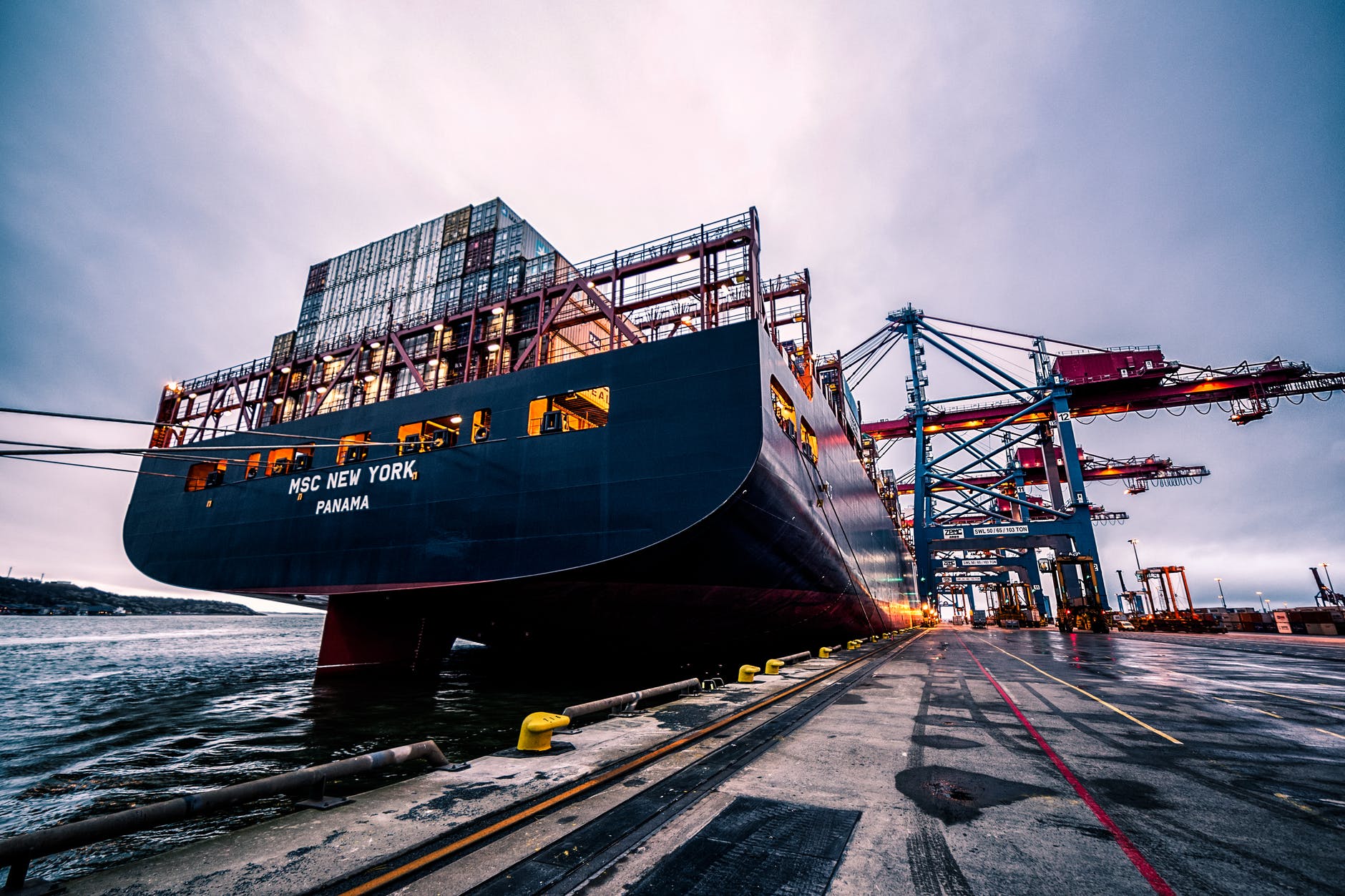
The History of Freight Forwarding
Freight forwarding has its roots in the late 18th century when merchants in Europe needed help moving goods across countries. Over time, freight forwarding evolved, becoming an essential part of global trade, with forwarders managing complex international shipments across multiple modes of transport.
Today, the freight forwarding industry is integral to global trade, helping businesses manage logistics, customs, and transportation across the world.
Pros and Cons of Freight Forwarding Services
Freight forwarding comes with many benefits, but there are also some potential downsides to consider.
Pros:
- Simplified Process: Freight forwarders handle the entire logistics process, from documentation to customs clearance.
- Cost Savings: They can often negotiate better rates by consolidating shipments.
- Compliance: They ensure that shipments meet customs regulations, reducing the risk of penalties.
Cons:
- Lack of Control: Since freight forwarders manage the shipment, businesses may have less direct control over certain logistics.
- Service Costs: There can be added fees for using a freight forwarding service, which vary based on the shipment and services included.
Conclusion
Freight forwarding is crucial for businesses engaged in international trade. From managing customs clearance to arranging transportation, freight forwarders help ensure that goods reach their final destination smoothly and efficiently.
By partnering with a reliable freight forwarding company, businesses can focus on their core activities while leaving the complexities of global logistics to the experts.
If you need help navigating this industry, contact our team at Container Management, Inc. today.
